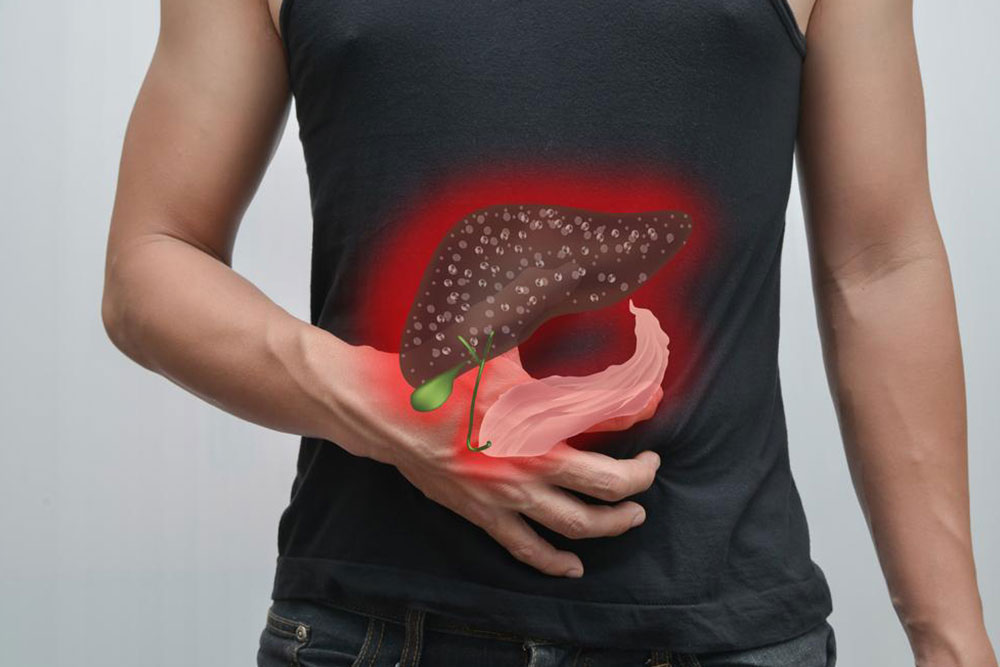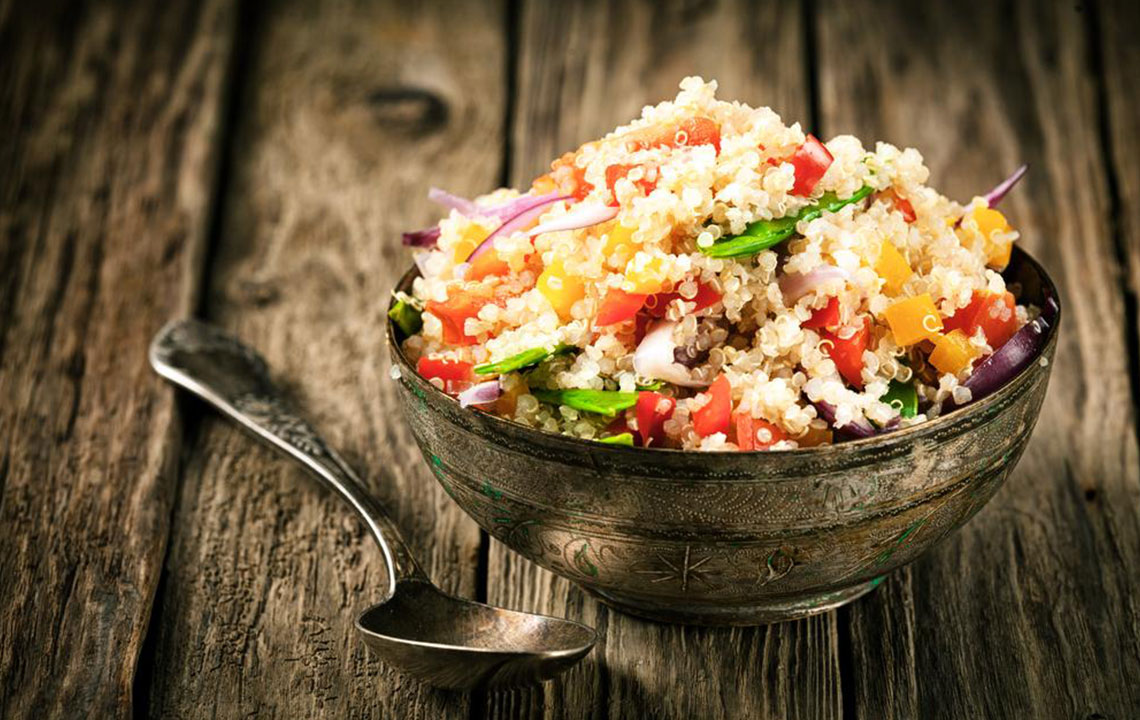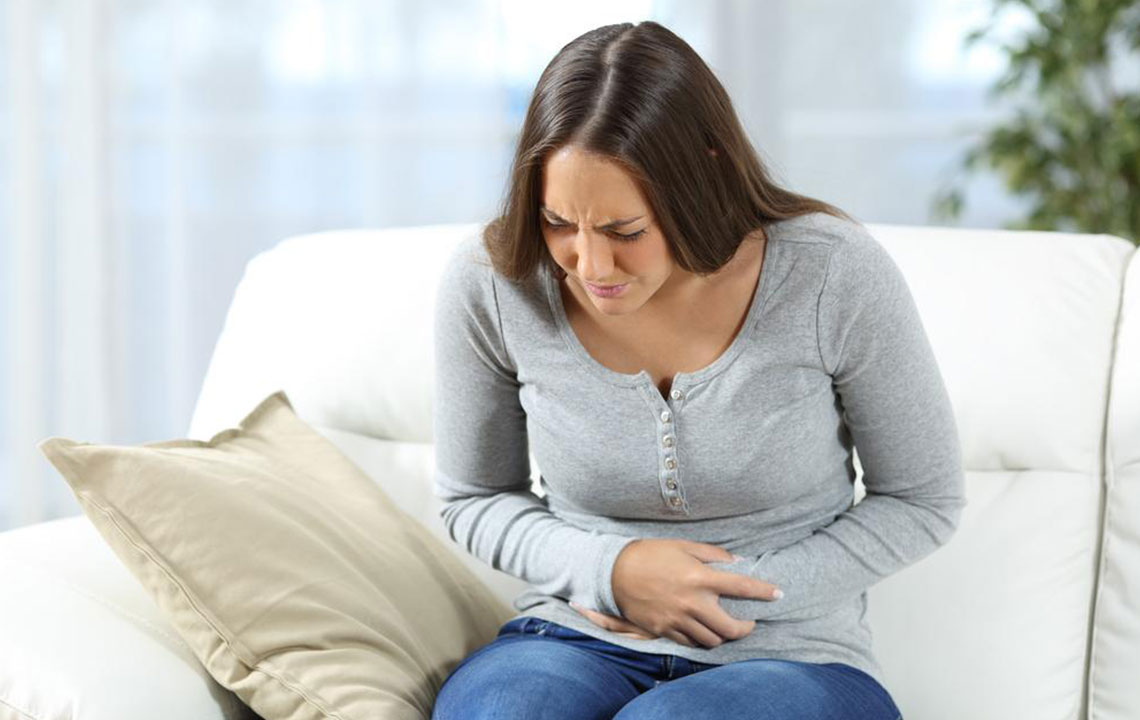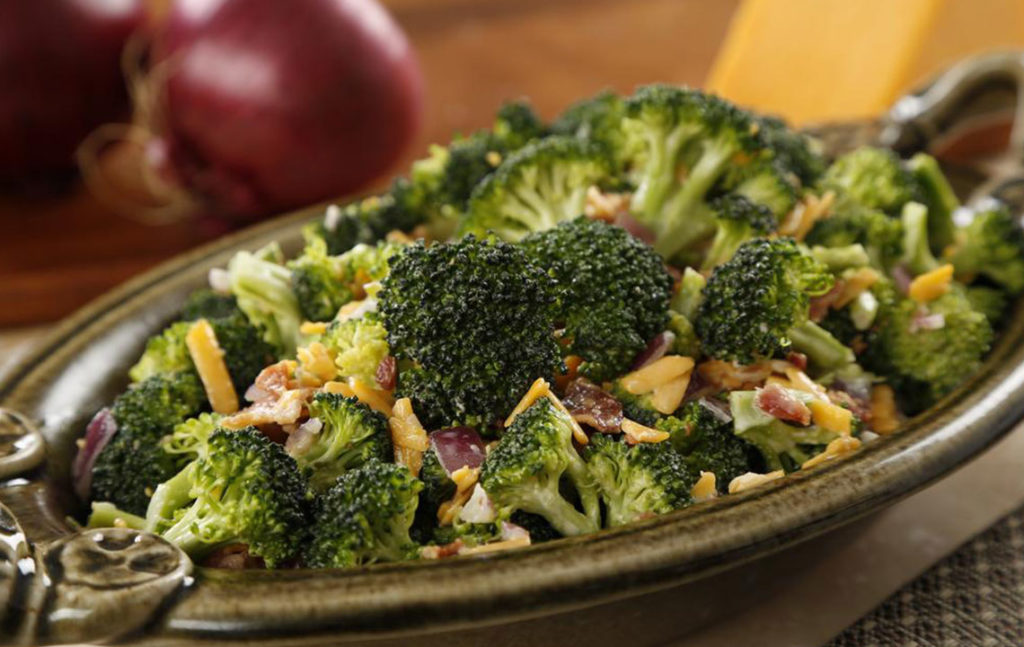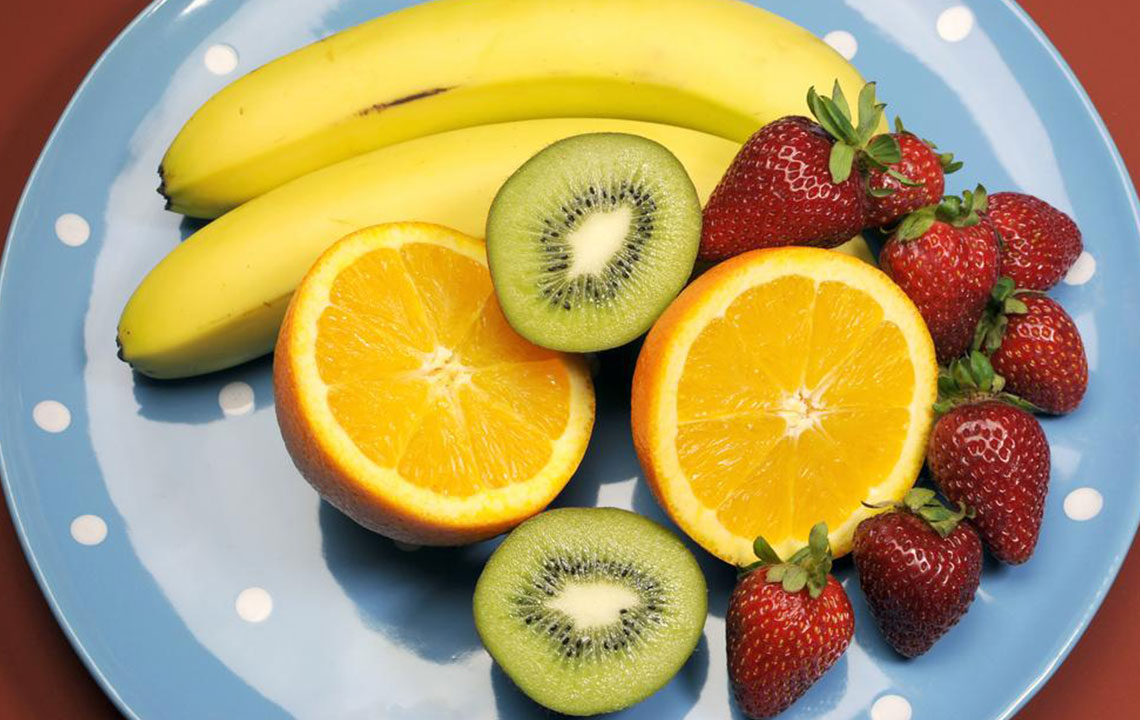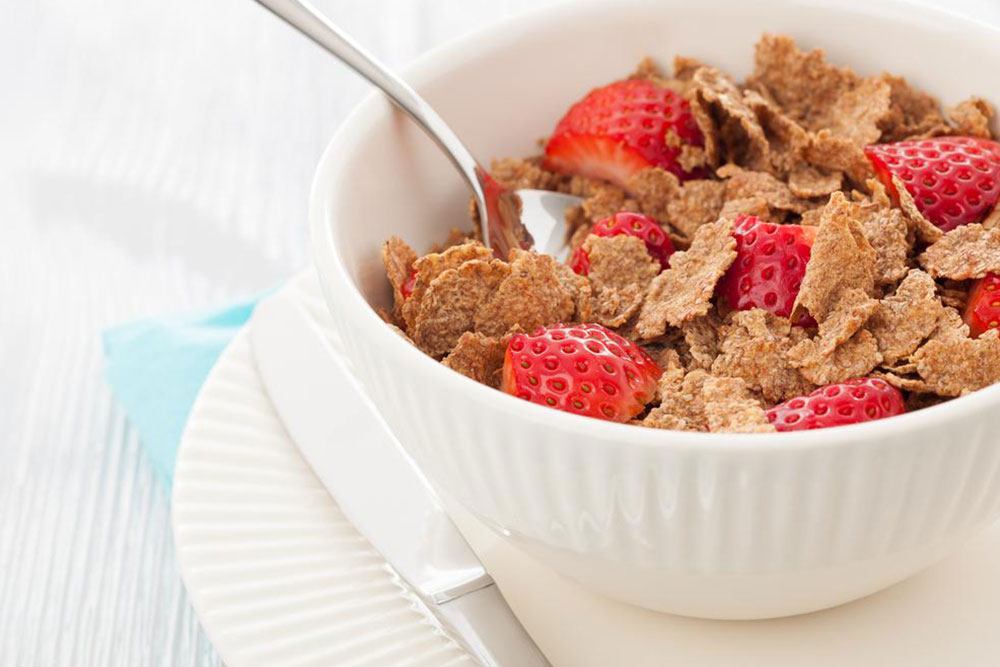Eating for a Healthy Gallbladder: Nutritional Tips and Guidelines
Learn essential dietary strategies to maintain a healthy gallbladder, prevent gallstone formation, and recover effectively after gallbladder surgery. Incorporate fiber-rich fruits, vegetables, and plant-based proteins, while avoiding fatty and processed foods. Proper nutrition supports overall health and minimizes gallbladder issues.
Sponsored
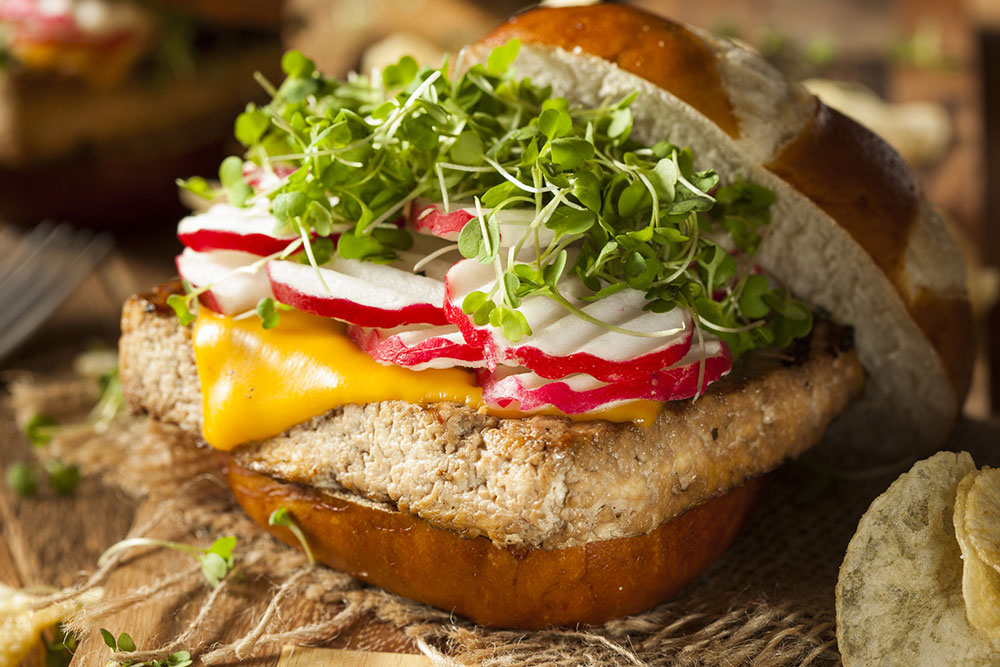
The gallbladder is a small organ shaped like a pear, positioned beneath the liver. It stores bile, which the liver produces, and releases it into the small intestine to facilitate digestion.
Many individuals overlook their gallbladder’s health. Though not essential like the liver or kidneys, it plays a crucial role. Certain foods support its health, while others can increase risks of gallstones or inflammation, leading to symptoms such as nausea, bloating, and abdominal pain.
In severe cases, gallbladder issues may require removal surgery. A balanced diet promoting gallbladder health can help prevent problems. While diet alone isn’t a cure, maintaining a healthy weight and mindful eating habits can reduce gallstone formation and related discomfort.
Impact of Diet on Gallstone Formation
Diets high in saturated fats, cholesterol, and low in fiber increase the risk of gallstones. Overweight individuals are also at greater risk. Rapid weight loss or crash diets can cause liver cholesterol to spill into bile, forming crystals and stones.
Fueling a Healthy Gallbladder Through Nutrition
A diet rich in fruits and vegetables provides essential nutrients and fiber, crucial for gallbladder health. Including foods high in Vitamins B and C, as well as calcium, is beneficial. Emphasizing plant-based proteins like nuts, beans, tofu, and lentils can help prevent gallbladder issues. Recommended foods include citrus fruits, leafy greens, peppers, dairy, tomatoes, lentils, tofu, nuts, fish, and shellfish.
Foods to Limit or Avoid
Diets heavy in refined carbs and saturated fats are linked to increased gallstone risk. During gallstone attacks, fatty foods worsen symptoms by prompting the gallbladder to release more bile. Adjusting diet won't dissolve existing stones but can ease symptoms.
Foods to steer clear of include vegetable and peanut oils, fried items, processed snacks, full-fat dairy, red meats, white bread and pasta, and processed foods. Also, avoid extreme calorie restrictions. Gradual weight loss with balanced nutrition and exercise is most effective, ideally under medical supervision.
Post-Surgery Dietary Recommendations
If surgery is necessary, recovery may involve temporary diarrhea and loose stools due to continuous bile flow. To support healing, minimize intake of greasy or processed foods, full-fat dairy, and high-fat items. Small, frequent meals focusing on low-fat options facilitate better recovery. Increasing soluble fiber like oats can be beneficial.Maintaining a healthy gallbladder through proper diet and lifestyle is vital for overall health. A balanced, nutrient-rich diet helps prevent gallstone formation and reduces inflammation, ensuring long-term well-being.

